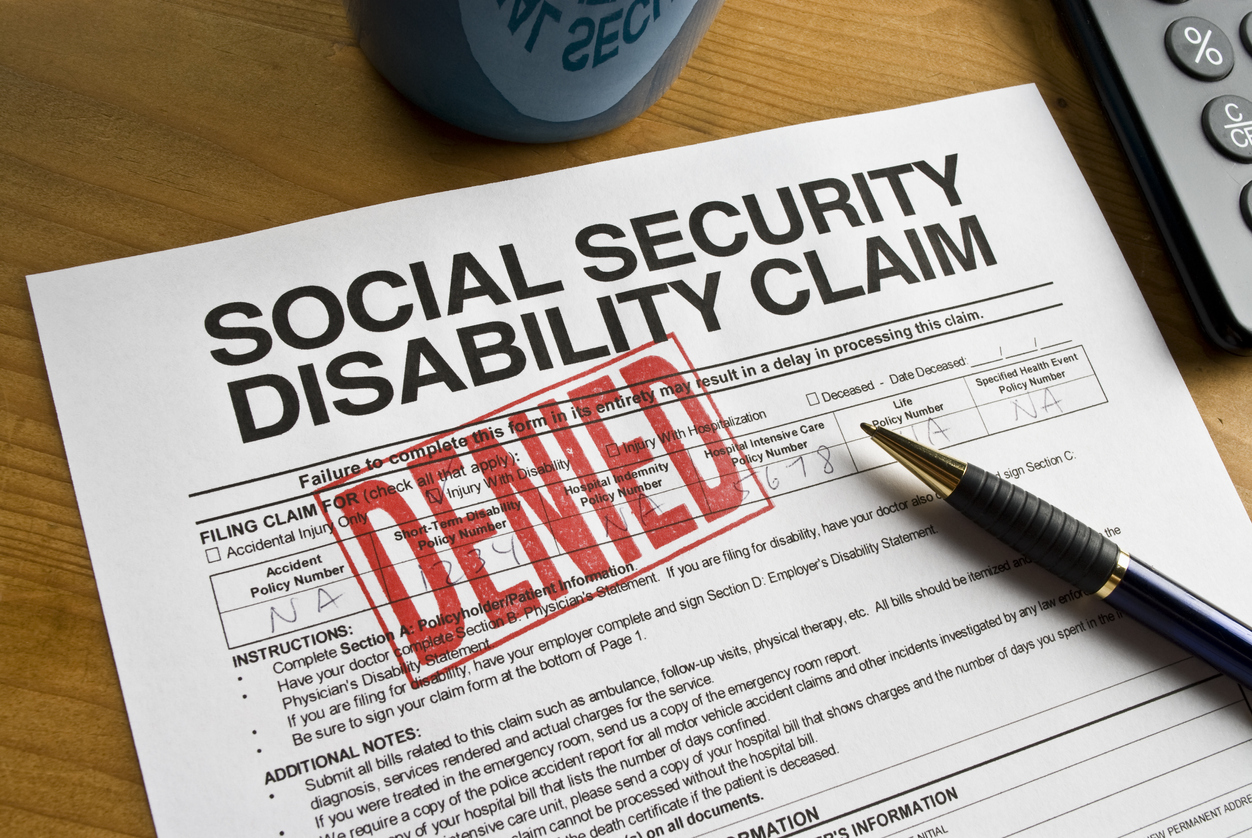Although many people apply for Social Security Disability Insurance (“SSDI”) each year, most claims are denied at the initial stage of the SSDI process. Often, the reasons for denial have little to do with an applicant’s need for SSDI. Rather, many denials are based on common procedural errors. If you suffer from a medical condition and have been denied SSDI, it’s quite possible that your denial was based on one of the following errors. However, regardless of the reason for your denial, you should contact a Texas SSDI attorney as soon as possible to explore your SSDI options.
Common Reasons for Denial
Lack of evidence – A common reason that SSDI claims are denied is a lack of medical evidence. When someone applies for SSDI benefits, he or she must submit evidence that demonstrates an inability to work due to a disability. Without credible evidence of a disability, an SSDI claim is unlikely to be successful.
Previous denials – After an initial denial, many people simply file a new SSDI claim. In most cases, this isn’t the best route to take. Generally, appealing an initial denial is more likely to be successful than submitting a new claim. Therefore, in most cases, applicants who are denied SSDI benefits should file an appeal.
Failure to adhere to medical treatment plan – When an SSDI applicant doesn’t follow a prescribed medical treatment plan, there is a high likelihood that his or her claim will be denied. The reason SSDI claims are denied in this type of situation is that the examiner can’t determine if the applicant is unable to work due to a disability if he or she hasn’t complied with his or her medical treatment plan.
Failure to cooperate with the Social Security office – Finally, when an SSDI applicant fails to cooperate with the Social Security office, he or she reduces the odds of a successful SSDI claim. For example, if the Social Security office requests additional information from an applicant that he or she refuses to provide, or the applicant doesn’t show up to required medical exams, the Social Security office will probably deny the SSDI claim.
Contact Our El Paso Social Security Disability Attorney
If you received an SSDI claim denial, it’s possible that you simply made a mistake during the process, and most mistakes during the SSDI process can be rectified with the help of a Texas SSDI attorney. Therefore, if you’d like to explore your options following your SSDI claim denial, attorney Jon Sipes is here to assist you. Jon Sipes regularly helps disabled individuals obtain disability benefits in El Paso and surrounding Texas communities. As an experienced SSDI attorney, he knows what it takes to qualify under the SSDI and Supplemental Security Income programs. In order to schedule a consultation to discuss your options under the SSDI program, please contact us today.

